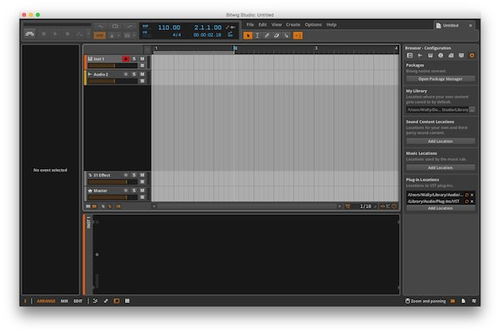
Understanding the Drill Bit Size for 1/2 Tap: A Comprehensive Guide
When it comes to tapping threads, selecting the correct drill bit size is crucial for achieving precise and effective results. In this article, we will delve into the specifics of the drill bit size for a 1/2 tap, exploring its dimensions, applications, and the factors to consider when choosing the right tool for the job.
What is a 1/2 Tap?

A 1/2 tap is a type of tap used to create internal threads in materials such as steel, aluminum, and brass. It is commonly used in various industries, including automotive, plumbing, and metalworking. The size of the tap refers to the diameter of the threads it creates, which in this case is 1/2 inch.
Drill Bit Size for 1/2 Tap: Dimensions and Specifications

The drill bit size for a 1/2 tap is typically 1/2 inch, which is the same as the diameter of the threads it creates. However, it is important to note that the drill bit itself may have a slightly larger diameter to accommodate the tap’s shank. Here are some common dimensions and specifications for a 1/2 tap drill bit:
| Dimension | Specification |
|---|---|
| Drill Bit Diameter | 1/2 inch |
| Shank Diameter | 5/8 inch |
| Shank Length | 1 inch |
| Overall Length | 2 inches |
These dimensions are just a general guideline, and it is essential to consult the manufacturer’s specifications for the specific drill bit you are using.
Applications of 1/2 Tap Drill Bit

The 1/2 tap drill bit is versatile and can be used in various applications. Here are some common uses:
- Creating internal threads in steel, aluminum, and brass materials
- Repairing and maintaining machinery and equipment
- Assembling and disassembling components in automotive, plumbing, and metalworking industries
- Drilling holes for bolts, screws, and other fasteners
Factors to Consider When Choosing a 1/2 Tap Drill Bit
Selecting the right 1/2 tap drill bit involves considering several factors to ensure optimal performance and accuracy. Here are some key factors to keep in mind:
- Material: Different materials require different drill bit materials and coatings. For example, carbide drill bits are suitable for harder materials like stainless steel, while high-speed steel (HSS) bits are ideal for softer materials like aluminum.
- Thread Size: Ensure that the drill bit diameter matches the diameter of the threads you want to create. A slightly larger drill bit diameter can lead to over-tapping, while a smaller diameter may result in under-tapping.
- Coating: Some drill bits come with coatings like TiN (Titanium Nitride) or TiCN (Titanium Carbonitride) to improve cutting performance and reduce friction.
- Shank Type: Choose a shank type that is compatible with your drill or tapping machine. Common shank types include straight shank, hex shank, and square shank.
Conclusion
Understanding the drill bit size for a 1/2 tap is essential for achieving precise and effective tapping results. By considering the dimensions, applications, and factors to choose the right drill bit, you can ensure successful threading in various materials and industries. Always refer to the manufacturer’s specifications and consult with experts if needed to make the best choice for your specific requirements.



